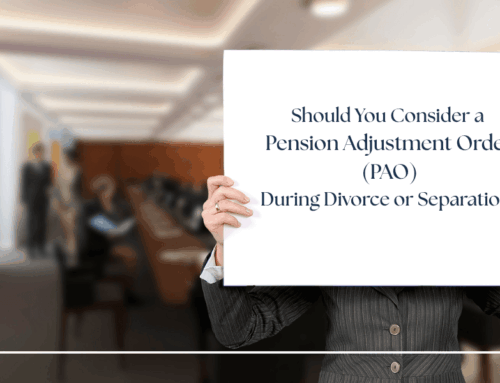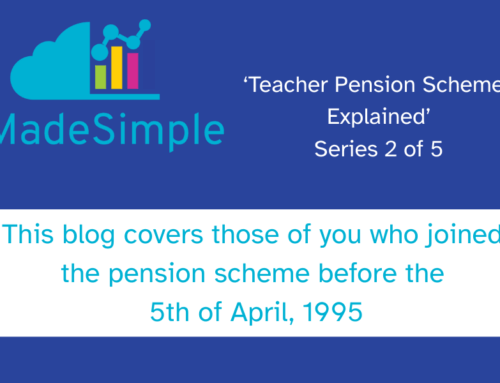
Irish people are living longer and staying healthier for longer. This is fantastic news for us as a society, but it does present unique challenges economically as our population ages. As Ireland ages, it no longer looks like the State can balance current pension obligations with already stretched public finances.
Like many other developed economies, the State funds its Pension system on a ‘Pay-As-You-Go’ basis. This means that current workers fund the current State Pension payment. In an ageing population, this means a smaller portion of the working age people will fund the pension payments of an increasing pensioner population.
Last month, the Government published the Report of the Commission on Pensions and discussed the proposal to increase the State pension age by three months every year from 2028. Currently, the State retirement age in Ireland is 66 years.
Under the new recommendations, the new pension age would reach 67 by 2031, and it would increase again by three months every two years from 2033 onwards. Therefore, under this newly proposed plan the pension age would be set at 68 years from 2039.
The report suggested:
- Reductions in weekly payment rates
- Increase State pension age
- Increase PRSI contribution rates for the self-employed, employees and employers
- PRSI base broadening measures
Why does the State Pension age matter?
Around one third of all workers, and close to half of all private sector workers, will rely solely on the State pension as their retirement income. Currently, to support the rising pension costs, there are four people of working age supporting each person aged 65 and over. The number is expected to fall further, with two workers supporting each retiree by 2050.
As a way of addressing this issue, the Commission on Pensions has recommended that the State pension age raises in line with life expectancy. Life expectancy is predicted to rise to the ages of 82 for men and 85.7 for women by 2029. By 2070, life expectancy is set to rise to 86.8 for men and 90.4 for women. This translates to the state pensions age increasing to 72.
For many people retiring at 72 will not be an option due to work or health reasons, and they may need to retire much younger. This means there could be gap years between when your pension starts and when you finish working. If this was to happen you would have to sign on for unemployment benefit.
Jobseeker’s Benefit is currently at €203 per week, which is a small sum in comparison with your usual wage when starting your retirement. Therefore, it is necessary to start a private pension in preparation for any eventuality. Unfortunately, only six in ten Irish workers have some form of a private pension, according to data published by the Central Statistics Office in June 2020.
When should I start my pension?
There are also many advantages to having a pension. A pension is similar to a long-term savings plan but with tax relief, meaning some of the money that would have gone to the government as tax goes into your pension instead.
Private pensions are a great way of saving for retirement and bolstering any income you will receive from the State Pension when you reach retirement age. It is important to remember that the current state pension for people aged 66 or over is €248.39 per week, only a small increase from Jobseeker’s Benefit.
Could you survive on the State pension alone? What will your finances look like in retirement? These are the questions you need to ask yourself.
It is never to late to start your pension. Talk to us today.
Sources: The Pensions Commission. “Report of the Commission on Pensions”. Published 7 October 2021.
What Does the Financial Planning Review Cover?
Step 1
You – Complete a short online application form
Step 2
We – Generate your personal report that outlines your current benefits.
Step 3
Together – We schedule a review online (we use Zoom, or a platform you may suggest) or over the phone to discuss what options are available to you.
After we complete the review, many employees are delighted to have their options regarding pension planning, salary protection, life protection, savings and investments explained to them so clearly. Not only that, but we can also set up policies for you all online in a very fast and efficient manner.
Get your complimentary, personalised review today! You have nothing to lose!





